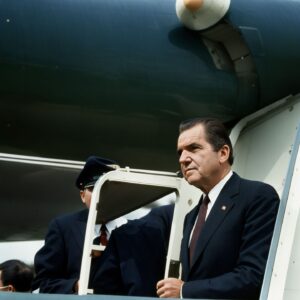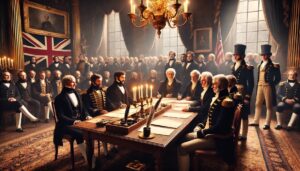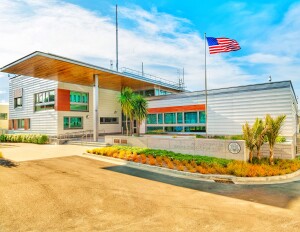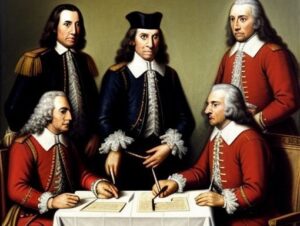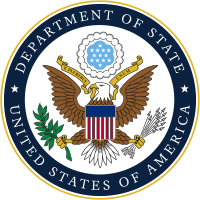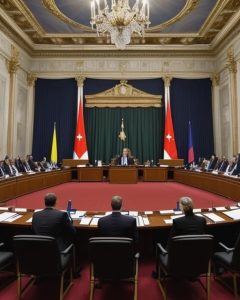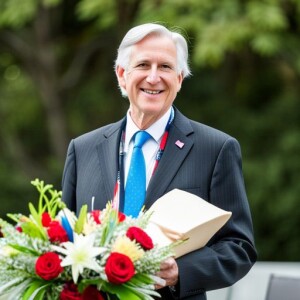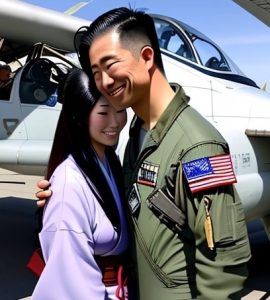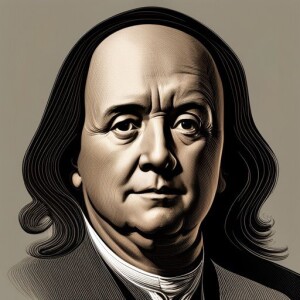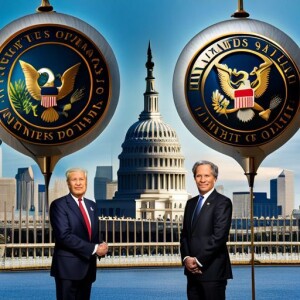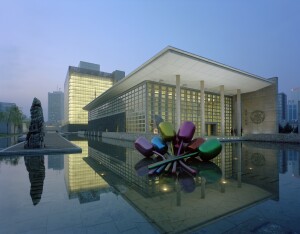On February 21, 1972, President Richard Nixon arrived in Beijing, marking a groundbreaking moment in international diplomacy. His visit to the People’s Republic of China was the first by a sitting U.S. president and a strategic move that reshaped global politics. At a time when Cold War tensions were at their peak, Nixon’s trip signaled …
Tag: Diplomacy
The Lateran Treaty of 1929: The Birth of the Vatican City-State
The Lateran Treaty of 1929 marked a pivotal moment in the history of Italy and the Catholic Church, establishing the Vatican City as an independent sovereign state. Signed on February 11, 1929, by representatives of the Kingdom of Italy and the Holy See, the treaty resolved the “Roman Question,” a long-standing dispute between the Italian …
Bridging Divides: The Strategic Impact of the IISS Manama Dialogue
The IISS Manama Dialogue stands as one of the most significant platforms for dialogue and diplomacy in the Middle East, bringing together influential leaders, policymakers, military officials, and experts from across the globe. Held annually in Bahrain, this event fosters crucial discussions surrounding security challenges, regional conflicts, and the broader geopolitical dynamics that shape the …
Peace Across the Pond: How the Treaty of Ghent Ended the War of 1812
The Treaty of Ghent, signed on December 24, 1814, brought an official end to the War of 1812, a conflict that had deeply strained relations between the United States and Britain. The war itself was fueled by longstanding tensions, including British restrictions on American trade and forced recruitment of American sailors into the British Navy. …
A Bridge Across Oceans: The U.S. Embassy in Wellington, New Zealand
Nestled in the heart of New Zealand’s capital, the U.S. Embassy in Wellington serves as a vital link between two nations separated by thousands of miles but united by shared values and interests. This diplomatic mission is more than just a building; it’s a hub of cultural exchange, policy collaboration, and mutual support that strengthens …
The Treaty of Utrecht: The Peace Accord That Reshaped Europe
The Treaty of Utrecht, signed in 1713, marked the end of the War of the Spanish Succession—a conflict that had engulfed Europe for over a decade. This series of agreements, negotiated between multiple European powers, not only brought peace but also redrew the political map of the continent, leaving a lasting impact on European history. …
The State Department: Navigating Diplomacy with a Liberal Touch
The U.S. State Department is often perceived as a liberal institution within the federal government, a perception shaped by its global mission and cultural orientation. As the arm of the government responsible for international relations, the State Department is inherently focused on diplomacy and global engagement, which often align with liberal values emphasizing cooperation, dialogue, …
The Treaty of Paris (1783): The Diplomatic Masterpiece that Ended the American Revolutionary War
The Treaty of Paris, signed in 1783, stands as a monumental achievement in the annals of history, marking the end of the American Revolutionary War and the birth of the United States as an independent nation. This landmark agreement not only brought peace after years of conflict but also showcased the power of effective communication …
The Birth of the Department of Foreign Affairs the Vision Behind America’s First Diplomatic Frontier
The founding fathers faced a monumental task in shaping the United States government. They knew that establishing a strong diplomatic presence was crucial in securing the nation’s place on the world stage. Thus, the Department of Foreign Affairs was born on July 27, 1789, as one of the first departments created. The Department of Foreign …
The Vienna Convention: The Pillar of Global Diplomacy
The Vienna Convention is celebrated as a monumental fit of diplomatic choreography, a work of art that pulls the international community of nations together in the service of a shared vision—elusive, yet beautiful—of world diplomacy. At its core, it is a treaty that makes the code under which diplomats work a matter of international law, …
Exploring the Perceived Liberal Leanings of the State Department
The State Department has been labeled as predominantly liberal, but this perception might not be entirely accurate. It’s true that the State Department is responsible for crafting and implementing US foreign policy, but it operates within a framework that’s guided by the current administration in power. As a result, the political ideology of the administration …
Pearl Harbor to Peace: Honoring History, Building Bridges Between Japan and the United States
The attack on Pearl Harbor stands as an extraordinary moment in history, forever altering the dynamic between Japan and the United States. But in the aftermath of this tragic event, both nations have tirelessly strived to rise above the pain, forging a path of understanding and cooperation. Embracing the significance of our shared past is …
The Diplomatic Brilliance of Benjamin Franklin
Benjamin Franklin is widely recognized as one of the most important figures in American history, and his contributions as a diplomat are no exception. Throughout his life, Franklin served as a representative of the American colonies both in Europe and at home, and his diplomatic efforts were crucial to the success of the American Revolution. …
What is Diplomacy?
Diplomacy is a fascinating and intricate art that revolves around the art of negotiation, mediation, and conflict resolution. It’s an essential aspect of international relations that helps maintain peace, stability, and cooperation among nations. Diplomats must possess a wide range of skills and techniques, including active listening, effective communication, cultural sensitivity, and strategic thinking. The …
Diplomacy in the Dragon’s Den: The U.S. Embassy in Beijing, China
In the bustling heart of Beijing, where ancient traditions meet modern innovation, the U.S. Embassy stands as a symbol of the complex and ever-evolving relationship between the United States and China. This diplomatic mission, one of the largest and most significant in the world, plays a crucial role in navigating the intricate web of diplomacy, …

